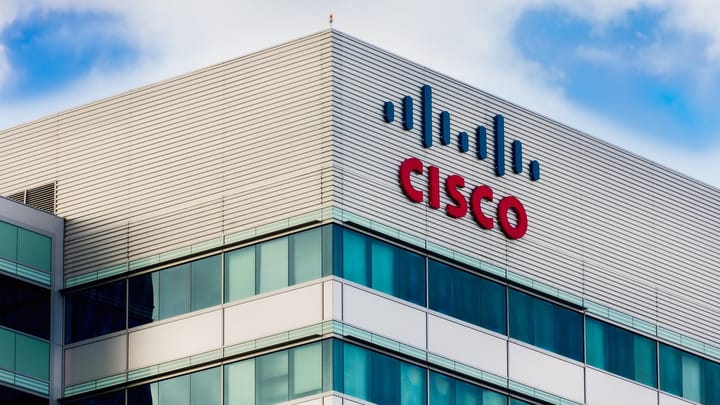Google Retreats on Android App Verification After Developer Backlash

Google reversed course on mandatory developer verification for sideloaded Android apps, announcing simplified accounts for small developers and an "advanced mode" for experienced users following community outcry over the restrictive policy.
The Original Plan
In August 2025, Google announced a Developer Verification system scheduled for 2026 rollout. The policy would have required identity verification for all Android app developers—even those distributing apps outside the Play Store through sideloading.
Apps from unverified developers would refuse to install on certified Android devices running Play Protect with pre-installed Google services. Google framed the requirement as protection against malware and financial fraud, targeting scammers who use social engineering to convince users to bypass Android's security mechanisms.
The Backlash
The proposal triggered immediate opposition from the developer community. Criticism focused on several concerns:
Financial and Privacy Barriers - All developers would need to submit identity documents and pay verification fees, creating barriers for hobbyists, students, and small-scale developers.
Ecosystem Control - Many viewed the policy as Google consolidating power over Android's historically open ecosystem.
Existential Threat to Alternative Stores - F-Droid, a popular open-source app repository, warned the requirements could eliminate alternative app distribution entirely.
"We do not believe developer registration is motivated by security. It is an attempt to consolidate power and increase control over a previously open ecosystem," F-Droid representatives stated.
The Compromise
Facing sustained community resistance, Google made several concessions:
Initial Adjustments:
- Free verification for hobbyist developers and students installing apps on limited devices
- Continued availability of ADB (Android Debug Bridge) installation from connected computers
New Announcements:
Simplified Accounts for Small Developers - Google will create a special account type for developers distributing to small audiences—family, friends, colleagues. These developers can bypass full verification requirements.
"Advanced Flow" for Experienced Users - Users willing to accept security risks can install unverified apps. The system will display warnings, but final installation decisions remain with users.
"We value the community's engagement and have heard the feedback—especially from students and enthusiast developers who need an accessible path for learning, as well as from experienced users who are willing to take on security risks," said Matthew Forsythe, Director of Android App Safety Product Management.
Implementation Details
Google hasn't disclosed specific mechanics for "Advanced Flow" functionality. The company promises more information in coming months. Likely features include:
- Additional installation warnings beyond current prompts
- One-time activation through ADB or internal Google process
- Risk acknowledgment requirements
Google emphasizes the verification system targets scammers who manipulate users into ignoring security warnings—not legitimate developers or informed users making conscious choices.
Rollout Timeline
Current Status: Google has invited developers distributing apps outside Play Store to join the early access verification program.
November 25, 2025: Program opens to Play Store developers.
March 2026: Full verification program launch.
September 2026: Mandatory verification takes effect in Brazil, Indonesia, Singapore, and Thailand.
2027: Global rollout of verification requirements.
What This Means
Google's retreat demonstrates the limits of platform control in ecosystems built on openness. Android succeeded partly because it allowed flexibility that iOS doesn't—sideloading apps, alternative stores, developer experimentation without gatekeepers.
The revised policy attempts balance: protecting less technical users from social engineering attacks while preserving pathways for legitimate development and informed user choice.
However, questions remain about implementation. Will "Advanced Flow" create meaningful friction that reduces its effectiveness? Will simplified accounts for small developers actually remain accessible, or will eligibility criteria prove restrictive? Will the verification process itself become a privacy concern as Google collects identity documents from thousands of developers worldwide?
The developer community forced Google to compromise, but the verification system still represents increased platform control. Whether the final implementation protects users without stifling the openness that made Android attractive remains to be seen.
For now, experienced users and small-scale developers maintain pathways around mandatory verification. Whether those pathways remain accessible after global rollout in 2027 depends on how Google implements the promised flexibility—and whether the community remains vigilant.


